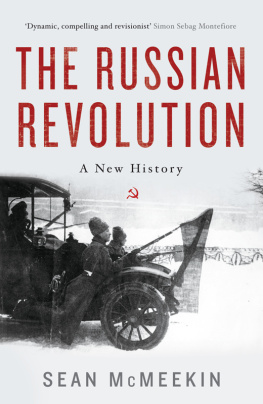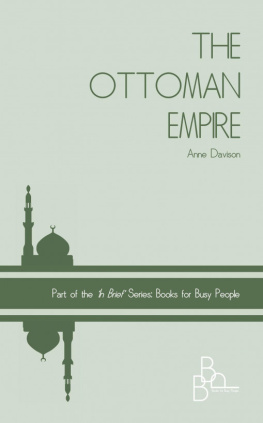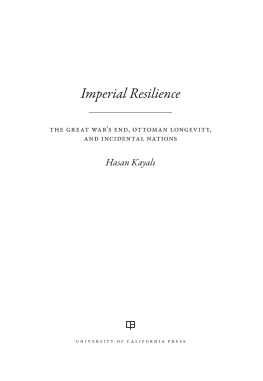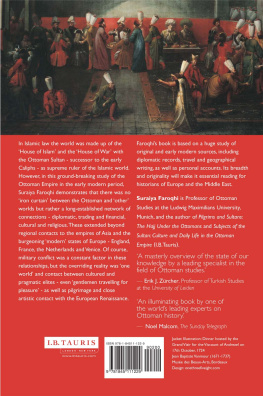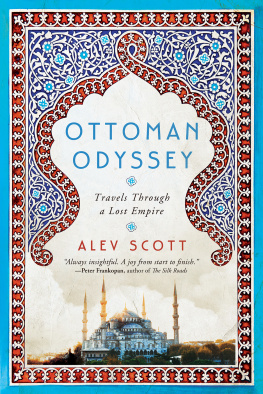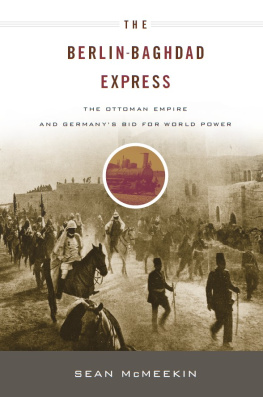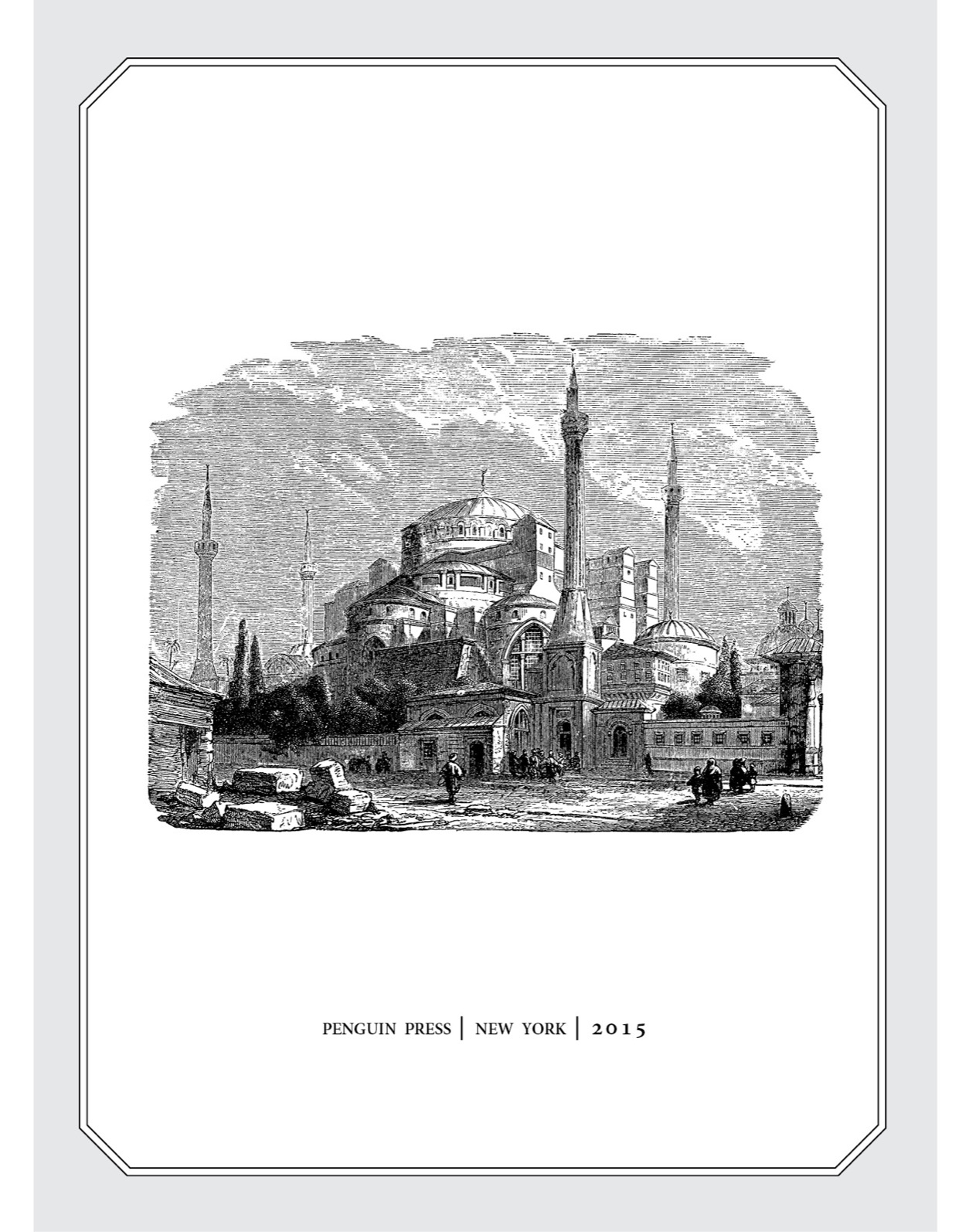McMeekin - The Ottoman endgame : war, revolution, and the making of the modern Middle East, 1908-1923
Here you can read online McMeekin - The Ottoman endgame : war, revolution, and the making of the modern Middle East, 1908-1923 full text of the book (entire story) in english for free. Download pdf and epub, get meaning, cover and reviews about this ebook. City: New York, Turquía, year: 2015, publisher: Penguin Publishing Group;Penguin Press, an imprint of Random House LLC, genre: Non-fiction. Description of the work, (preface) as well as reviews are available. Best literature library LitArk.com created for fans of good reading and offers a wide selection of genres:
Romance novel
Science fiction
Adventure
Detective
Science
History
Home and family
Prose
Art
Politics
Computer
Non-fiction
Religion
Business
Children
Humor
Choose a favorite category and find really read worthwhile books. Enjoy immersion in the world of imagination, feel the emotions of the characters or learn something new for yourself, make an fascinating discovery.
- Book:The Ottoman endgame : war, revolution, and the making of the modern Middle East, 1908-1923
- Author:
- Publisher:Penguin Publishing Group;Penguin Press, an imprint of Random House LLC
- Genre:
- Year:2015
- City:New York, Turquía
- Rating:4 / 5
- Favourites:Add to favourites
- Your mark:
The Ottoman endgame : war, revolution, and the making of the modern Middle East, 1908-1923: summary, description and annotation
We offer to read an annotation, description, summary or preface (depends on what the author of the book "The Ottoman endgame : war, revolution, and the making of the modern Middle East, 1908-1923" wrote himself). If you haven't found the necessary information about the book — write in the comments, we will try to find it.
Between 1911 and 1922, a series of wars would engulf the Ottoman Empire and its successor states, in which the central conflict, of course, is World War Ia story we think we know well. As Sean McMeekin shows us in this revelatory new history of what he calls the wars of the Ottoman succession, we know far less than we think. The Ottoman Endgame brings to light the entire strategic narrative that led to an unstable new order in postwar Middle Eastmuch of which is still felt today.
The Ottoman Endgame: War, Revolution, and the Making of the Modern Middle East draws from McMeekins years of groundbreaking research in newly opened Ottoman and Russian archives. With great storytelling flair, McMeekin makes new the epic stories we know from the Ottoman front, from Gallipoli to the exploits of Lawrence in Arabia, and introduces a vast range of new stories to Western readers. His accounts of the lead-up to World War I and the Ottoman Empires central role in the war itself offers an entirely new and deeper vision of the conflict. Harnessing not only Ottoman and Russian but also British, German, French, American, and Austro-Hungarian sources, the result is a truly pioneering work of scholarship that gives full justice to a multitiered war involving many belligerents.
McMeekin also brilliantly reconceives our inherited Anglo-French understanding of the wars outcome and the collapse of the empire that followed. The book chronicles the emergence of modern Turkey and the carve-up of the rest of the Ottoman Empire as it has never been told before, offering a new perspective on such issues as the ethno-religious bloodletting and forced population transfers which attended the breakup of empire, the Balfour Declaration, the toppling of the caliphate, and the partition of Iraq and Syriabringing the contemporary consequences into clear focus.
Every so often, a work of history completely reshapes our understanding of a subject of enormous historical and contemporary importance. The Ottoman Endgame is such a book, an instantly definitive and thrilling example of narrative history as high art
McMeekin: author's other books
Who wrote The Ottoman endgame : war, revolution, and the making of the modern Middle East, 1908-1923? Find out the surname, the name of the author of the book and a list of all author's works by series.



